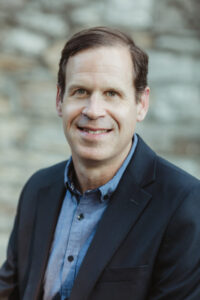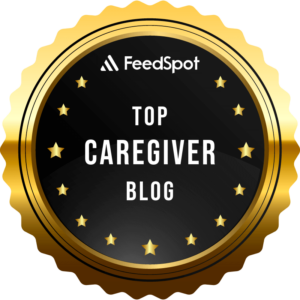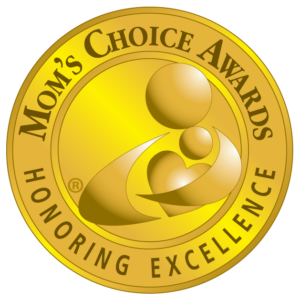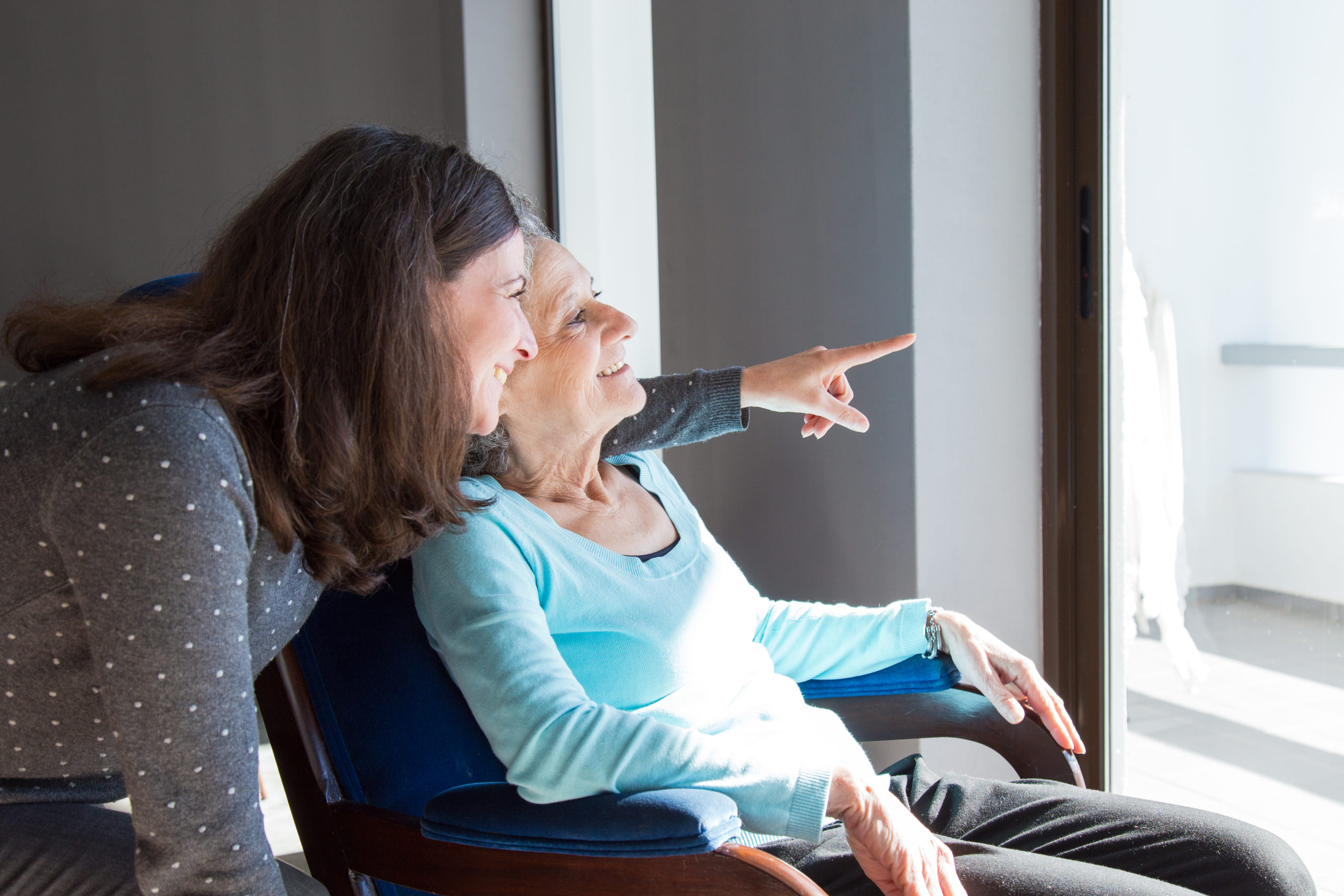
Published on:
If you’re like most family caregivers, you didn’t aspire to be in this situation. You didn’t plan to be a family caregiver. You probably didn’t receive training or certification or education that qualifies you to be a great family caregiver. If you received some kind of formal health-related education, it helps, but it does not prepare you for everything you will encounter as you care for your family member. It’s easy to feel overwhelmed and underprepared.
As if that wasn’t enough, you soon discover that not only do your loved one’s needs evolve and change over time, but your caregiving approach must also evolve and change in accordance with those needs. This means that no matter what you’re actually doing today, how you provide for your loved one is likely to change in the future. Caregiving thus becomes a process of continual adaptation to your loved one’s health conditions.
Amid such changing circumstances, how can you develop skills to deliver the tasks that are required to help your loved one over the long trajectory of caregiving? Consciously or unconsciously, all family caregivers ask this question—often repeatedly and at various intervals of time.
You may not know exactly how to be a family caregiver, but please have faith in yourself and in the reason why you’re in the caregiving role. Choose to believe that you can develop the ability to do what your loved one needs you to do. This choice will lead you to adopt a learning orientation to caregiving.
As part of your learning process, seek information about your loved one’s specific condition, including the diagnosis, prognosis, and potential treatment options. This will allow you to understand what is happening to your loved one and discover what to expect over time.
In addition to the “book knowledge” you acquire about your loved one’s condition, you will need to learn new ways to handle unfamiliar challenges arising in connection with the tasks of caregiving. This can be anything—such as helping your loved one get in and out of a car, providing hands-on personal hygiene assistance, assisting with medications, or responding to dementia-induced behaviors. Often family caregivers feel most unprepared when they’ve never performed a care-related task before.
How do you learn to deliver the different tasks of caregiving? Adult learning theory suggests that over time, you can develop practical judgment through your ongoing work and interactions with your loved one. Practical judgment is like on-the-job training, a situation in which a person’s effectiveness grows over time through the acquisition of experience.
An example of practical judgment shaped by experience is found in a research study of staff members working in a care facility for people with dementia.[1] The employees who worked at the facility were unskilled, direct care aides who had not received specialized formal schooling in managing dementia-related behaviors. However, focus group discussions revealed that, despite their lack of formal education, the aides had learned ways of effectively managing these challenging behaviors through their own process of “showing, guessing, and trying.” They developed ways to establish order in the environment after observing and adapting to the behavioral patterns of the residents with dementia. Learned practical judgment made it possible for the aides to do their work more effectively.
Your loved one’s condition is introducing you to new situations that you’ve never experienced before, and you need to develop practical judgment to deal with them. If you are unsure of how to help your loved one, I encourage you to remember the steps of “showing, guessing, and trying” that the aides in the care facility used:
- Showing involves a demonstration of what must be done;
- Guessing suggests a choice that is made amid the uncertainty of alternative approaches;
- Trying is the experimentation, a “trial and error” process which allows you to evaluate your attempted approach and gather new information about what may or may not work.
Your efforts at showing, guessing, and trying different approaches to the tasks of caregiving (always keeping safety as your foremost concern) will gradually enable you to learn how to handle your own challenging care situations more effectively.
I suppose that it all comes down to the proverbial saying, “practice makes perfect.” In skill-building, there’s really no substitute for practice.
As caregivers practice performing requisite care-related tasks, they grow in their capacity to meet the needs of their loved ones. An increased capacity to meet the care receiver’s needs will enable you to overcome setbacks, strengthen resilience, and fulfil the caregiver role for a longer period of time. After sufficient practice—marked by your experiences of showing, guessing, and trying—you will find yourself ready to more confidently serve your loved one, whenever and however your assistance is required.
——————————–
Consider your READINESS to serve as a caregiver for your loved one:
- Based on your care receiver’s current conditions, what are the skills you can improve to deliver care today?
- Based on your care receiver’s prognosis, what capabilities will be needed to offer care in the future?
- As you reflect upon the above questions, how will you develop the readiness that is required to help your care receiver, now and into the future?
——————————-
“Practicing Readiness” is a component of Dr. Blight’s Model of Caregiver Resilience. By examining a care situation in light of the five “R” words (Roles, Relationships, Realities, Rewards, and Readiness) in the model, you can identify areas that are causing friction, figure out how to address challenges, and learn to make the most of your circumstances. Over the last several months, we have released a series of blog posts on the five domains of caregiver resilience. Next month’s blog will focus on how professionals can use the Model of Caregiver Resilience to support families in care-related situations.
If you’d like to invite Dr. Blight to speak to your group, please contact us .
[1] David Beckett and Paul Hager, Life, Work, and Learning: Practice in Postmodernity (New York: Routledge, 2002).
Posted in Caregiving, Family Caregiving
